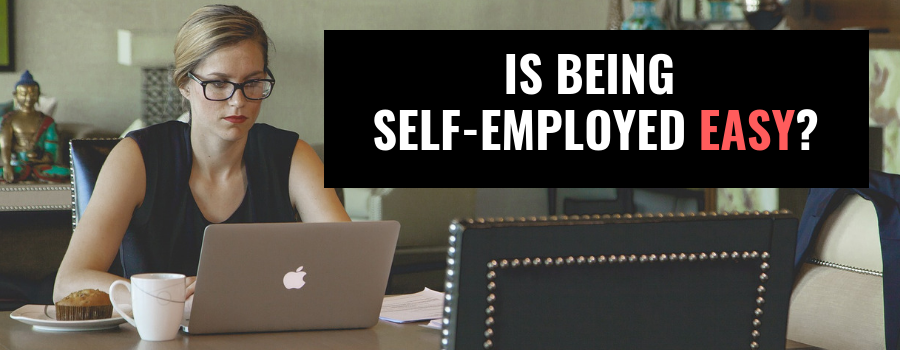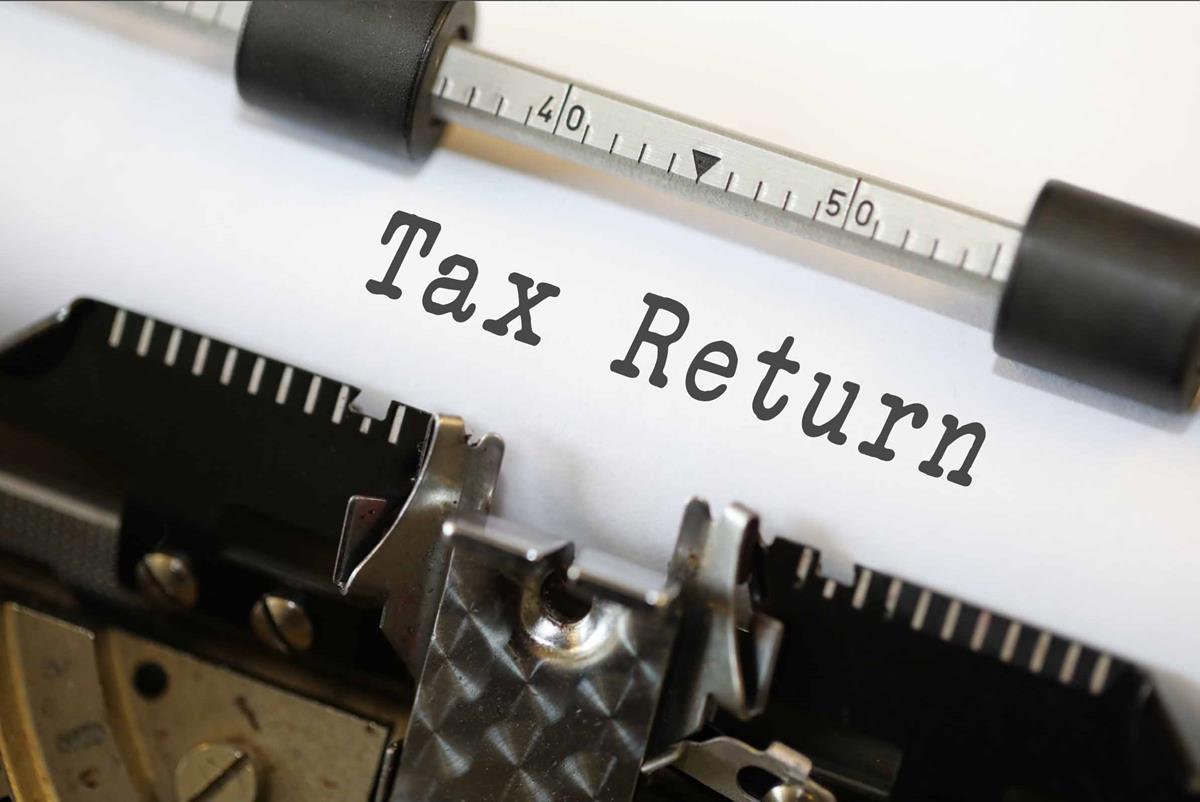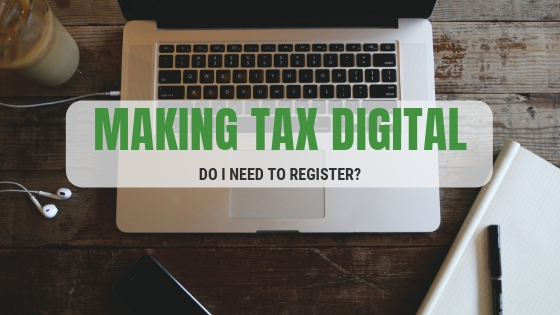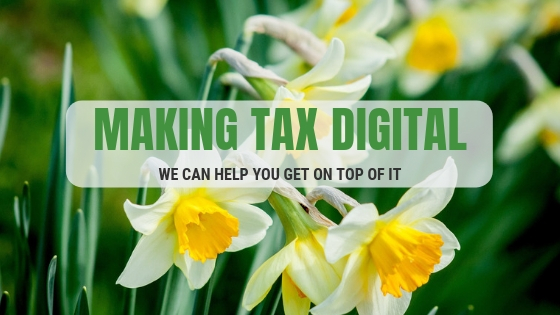
Common Tax mistakes that business owners make from juggling various tasks.
Common Tax mistakes and how to avoid being a victim or culprit of these common tax mistakes. As a business owner, you juggle many roles and when there are urgent business tasks to do, spending time with your accountants may not be your number one priority. However, if you’re not regularly talking to your accountant, then there’s a danger of making some of these common tax mistakes:
NOT KEEPING PROPER RECORDS
Bundles of receipts – collating, sorting and keeping them all is not a hugely exciting job is it..? However, for VAT registered business owners, not keeping them is a common mistake. You might as well hand your well earned funds straight to HMRC. The next time you are offered that VAT receipt for your purchase, consider this – will you pull out your wallet and chuck it away? I would hope not.
Now, with so many apps on the market, the task of keeping your tax records properly has become less… taxing (sorry). With these apps, you can easily take a quick photo of the receipts as you receive them and then collate them later. This amazing technology and your awesome accountant will handle it from there. We recommend AutoEntry.
HOME EXPENSES – CLAIMING TOO MUCH
What’s wrong with claiming household expenses related to your business? Nothing, there is nothing wrong with claiming these expenses. The problem lies with over claiming them, leaving you with potentially paying a lot more tax in capital gains tax when you come to sell your property. Why is this? As the value of your home increases and you lose generous tax relief on the part of your home that you turn into business.
THE BUSINESS STRUCTURE/EMPLOYMENT STATUS
Maybe, when you started your business, you were advised to go for a sole trader, partnership or a limited company. However, the rules change… and change. When did you last take time to review and compare the different tax structures available?
Similarly, an important and complex area is that of self-employment. Whilst you may safely get your own status right as a business owner, are you confident that your freelance workers and associates are correctly self-employed? Be aware that HMRC is cracking down on the ‘gig economy’ and are putting the accountability on business owners to make sure this aspect is correct.
WASTING TAX ALLOWANCES (£26,000)
It is said that tax allowances are like your muscles. Use them or lose them. But did you know that if you add up the income tax allowance, capital gains tax allowance, savings allowance and dividends allowance, you get a whopping £26,000 plus allowances in the year? Previously we have seen many of these tax allowances go to waste. So make sure are making the most of your “muscles”.
You may have been introduced to and taken steps in using crypto currencies like Bitcoin, Litecoin, Ethereum and Ripple. Make sure you make the most of the capital gains tax allowance.
Have you considered how to make use of the allowances of your spouse and children?
POOR EVIDENCE (OR LACK OF) TO BACK UP CLAIMS
The rules on expenses that can or cannot be claimed are not as clear and as straight forward as you may think. By not choosing to appoint a good accountant or tax adviser, many business owners make this costly yet avoidable error. For example: a business owner, who rented accommodation (short term) in order to avoid the higher expense of hotel bills whilst on a long business trip, was denied tax relief because the evidence that had been submitted was not sufficient to meet the so called “wholly and exclusively for the purpose of trade” test.
When claiming expenses for business, make sure that the primary purpose is for the business – and be able to provide all the relevant documents to support this.
MISSING OUT ON THESE TAX BREAKS
Did you know that there are more tax breaks available within the law that most entrepreneurs miss out on. Here are the most common ones:
- R&D – Research and development.
- Bad Debt Provision (make sure you have taken all the relevant steps to recover the money)
- Capital allowances on equipment used for the business including fixtures as part of the building that you have bought
- Lease premiums
- Warranty provisions
- SEIS and EIS tax reliefs
- Entrepreneurs relief
- £40,000 lettings relief (although this might be scrapped by HMRC)
And the reason why most of these available tax relief options get missed is that you actually have to make a claim to get them.
BANKING MONEY FOR TAX (OR NOT)
Many businesses suffer with cash flow and it can be a huge problem at times. But when it comes to VAT and PAYE, it’s not your money. It is due to the taxman. When it comes to Income Tax and Corporation Tax, waiting until December or January to discover that you have a huge tax bill with no funds put aside to settle it is an extremely common mistake business owners make.
Our simple advice is: To avoid this problem, look at your business model and plan for your taxes and liabilities. We recommend opening a separate bank account to deposit funds to cover your taxes that will be due.
30% MORE TAX WHEN SELLING YOUR BUSINESS?
You’ve decided to sell your business and put your feet up (time to retire). However, you’re dealing with a buyer who is well-informed with regards to tax. They propose paying more for the company’s assets but is not interested in the shares. Let’s say that you agree to the sale of the assets at the higher price. The problem is, you have potentially lost out on a 10% tax rate with a potential additional 30% tax (or more). Why is this? Hypothetically, the company sells the assets at the agreed higher price and it pays corporation tax at 19%. Conservatively speaking, you would pay 20% income tax on the cash extracted. 19% and 20% is obviously more than 30%.
BUSINESS PROPERTY RELIEF – TAKING ADVANTAGE?
Of course your business has value. However, a common mistake we see, is the lack of planning around how the business should be passed-on tax free. Subject to some conditions, the rules allow your hard earned work to be enjoyed tax free by your loved ones. ALERT: If you do not have a Will or if in your Will you’ve passed the business to your spouse, you’re wasting this generous tax relief.
BUYING YOUR COMPETITOR’S SHARES
Ooh the empire is building and you’ve decided to acquire your competitor. In order to wrap up the deal quickly, you buy the shares of the company instead of the assets. As in one of the previous points above, this is a common tax mistake because whilst buying the shares is a good move for the seller, you lose the tax relief associated with buying the assets. Essentially a reverse of the point about selling the business earlier.
IN CONCLUSION
Check you are not a victim or culprit of any of these mistakes. If you are at all unsure about these points, give us a call. Rather than being reactive and attempting to do some retrospective tax planning, make sure you have a tax plan in place alongside your business plan.









